Forum Replies Created
-
AuthorReplies
-
05/13/2016 at 11:21 am in reply to: Staffing of stakeholder engagement / GPP teams at clinical trial sites #5046
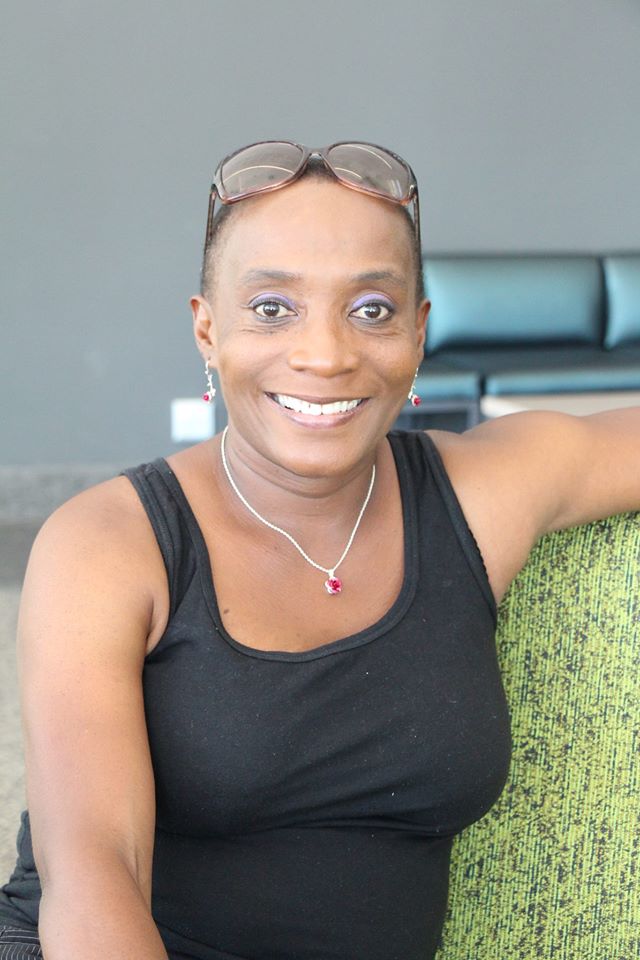 MarieMember
MarieMemberWe have different form of stakeholder engagement, both formal and informal. Smaller groups include general discussion where we are more inclined to brainstorm. As a follow up to that we have strategic planning meetings where we put pen to paper and implement our plans and ideas. Having a retreat with various stakeholders and including them in presentations worked wonders and creates the right kind of space for dialogue
05/07/2016 at 10:21 am in reply to: Welcome to the GPP Discussion Forum! Introduce yourself here #4989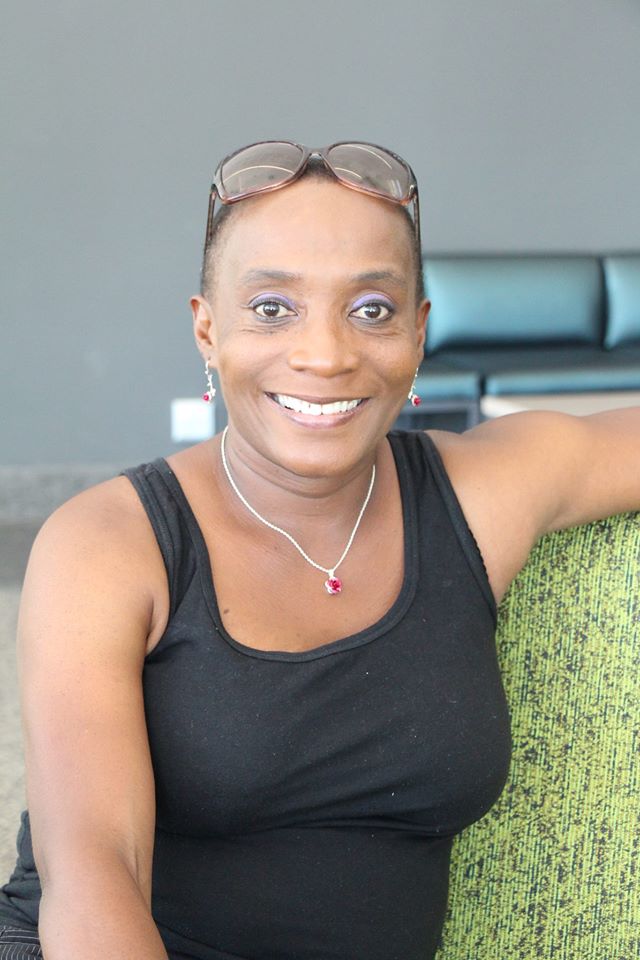 MarieMember
MarieMemberHello everyone, My name is Marie Elizabeth Theunissen. I am one of the GPP participants and must say i am loving every bit of interaction. I am an employee of FAMCRU which is both ACTG and IMPAACT affiliated. I am also serving on the Stellenbosch University Research Ethics Committee as a community member. I am currently the chairperson for the IMPAACT international community advisory board and serve on the scientific leadership group. My passion has and still is working with adolescents in a mentorship capacity as this is a field i believe still needs to be developed in terms of transitioning adolescents to young adults. I am an adolescent facilitator at our site , as well as an adherence monitor. I want to thank you all for being such a lively interactive group and appreciate your experiences that you share.
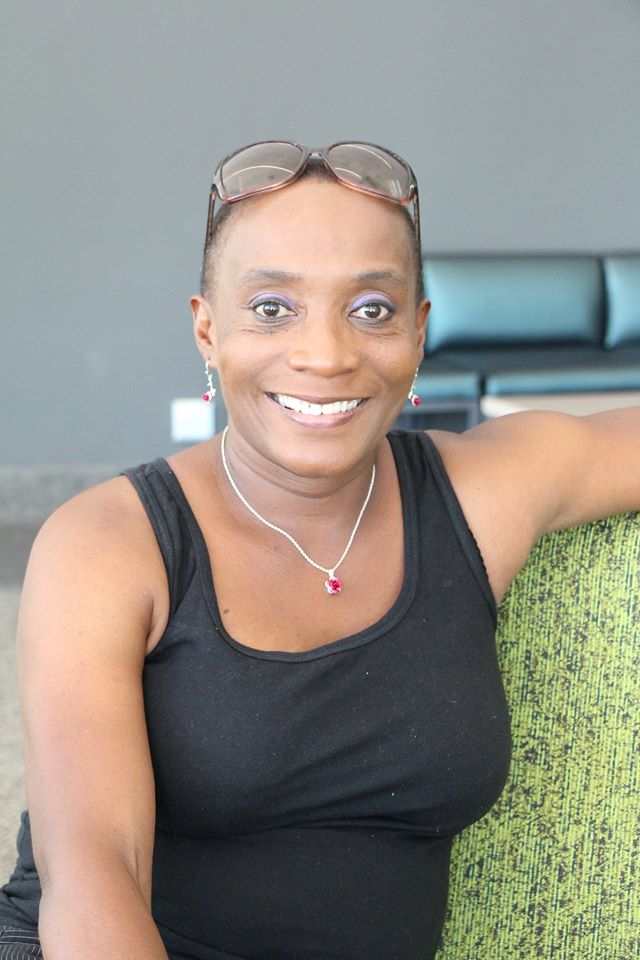 MarieMember
MarieMemberThe way in which media is used will have an impact on how people respond to it. For people who do not fully understand the advantages of social media the idea will not be so welcoming. A lot of advocacy needs to go into how social media is going to be used and for which target population. How accessible it is to the majority. And what our are limitations in information sharing on social media? The common denominator in all of these issues is dialogue. It doesn’t matter what form of dialogue we use, ( depending on our setting) but it has to be incorporated. Hence the importance of maintaining stakeholder partnerships at all times. Inclusion of adolescents when developing training tools is very popular at our site because they come up with the most creative ideas and comics that are user friendly even to the adult population. We therefore appreciate and value the fact that they too play a very important role in our research. I have mentioned this before and i am saying it again-there is still a lot of ethical issues around social media that we need to address. And this can be done through education.
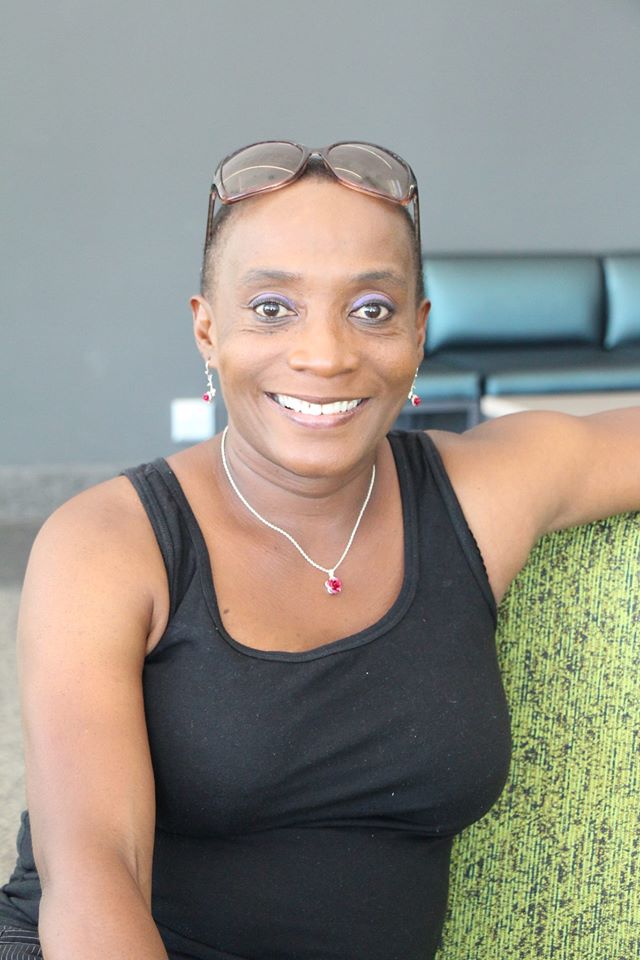 MarieMember
MarieMemberAlison this is in response to your question about how we engage adolescents. First of all we approach the whole exercise from a mentorship capacity so alot of consideration is put into what we do. Adolescent maturity is at different levels so bases on that we start transition phasing from adolescents to younng adults, bearing in mind that the aim is to educate and empower them so that they can contribute freely to any discussion rather than make them feel intimidated and uncomfortable. Discussions need planning for one to have constructive dialogue so if possible we give them ample time to prepare so that they can do “research” . Enough time also means that they can consult with other adolescents outside of their groups and get more input and different perspectives. When they engage in discussion , even with adults we make it a debate rather than an open discussion because this is what adoloscents are about! So in summary doing things their way brings out the best in them.
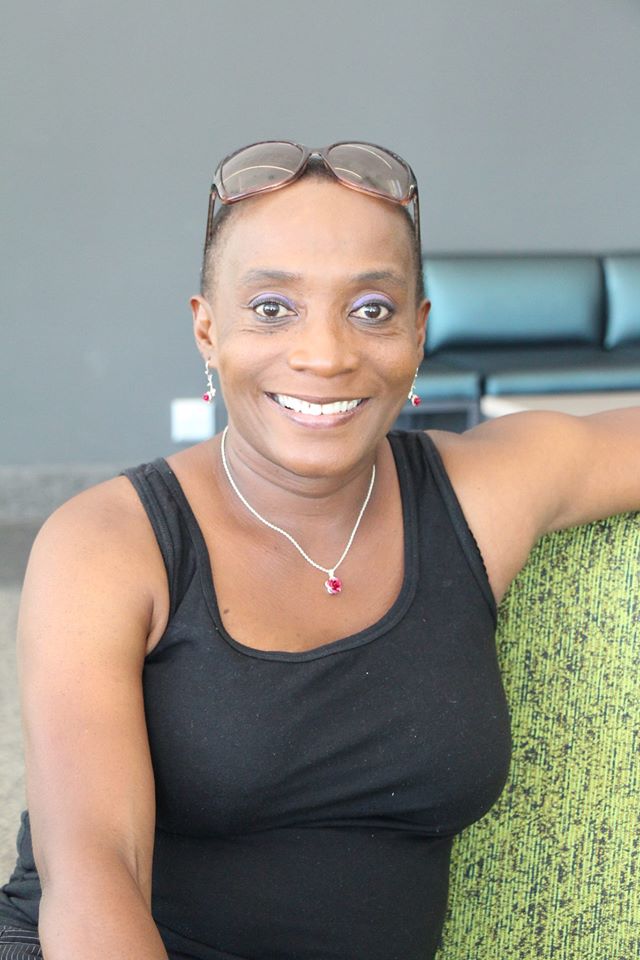 MarieMember
MarieMemberApproaches do differ from site to site. Formative research buy in will therefore also vary from site to site or area to area. The approach that we use is to have what we call ‘ indabas” with community stake holders to inform them about the research but the main purpose of this dialogue would be to assess what the needs of the community is to be able to see if the methodology of the study fits that’s of the needs. And this is not a once off process. Sometimes we have to keep going back and forth until most of the concerns are ruled out-especially ones that need immediate attention or that can be a stumbling block to the research process. Even if the trial is delayed for whatever reasons, that dialogue must always be there because these are the vey people who will act as a link between the community and the site staff. In this type of scenario, we find that engaging with communities first should take preference over engagement with other stakeholders.
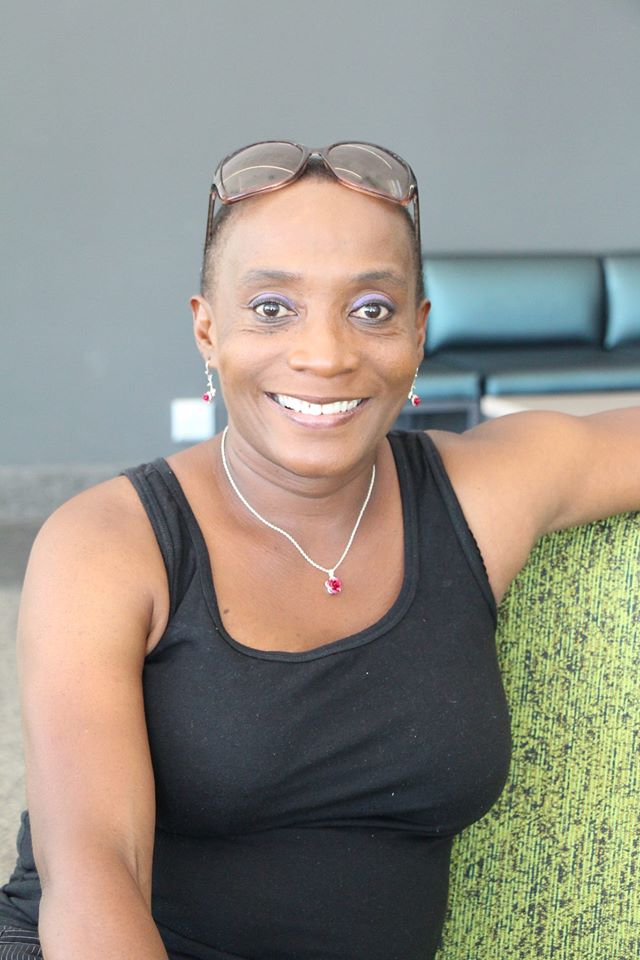 MarieMember
MarieMemberI don’t think that should be a limitation to the time or process as it were. In my opinion GPP scalability is like ICF process. Its on going. As long as stakeholders are informed of the trial well enough to allow for interaction. Any sponsor who is serious about their research would at least make sure that time and resources are allocated to GPP in the early phases of the protocol development. I also feel that the IRB or REC’s have a responsibility to know if there is going to be any stakeholder engagement prior to the protocol being approved,
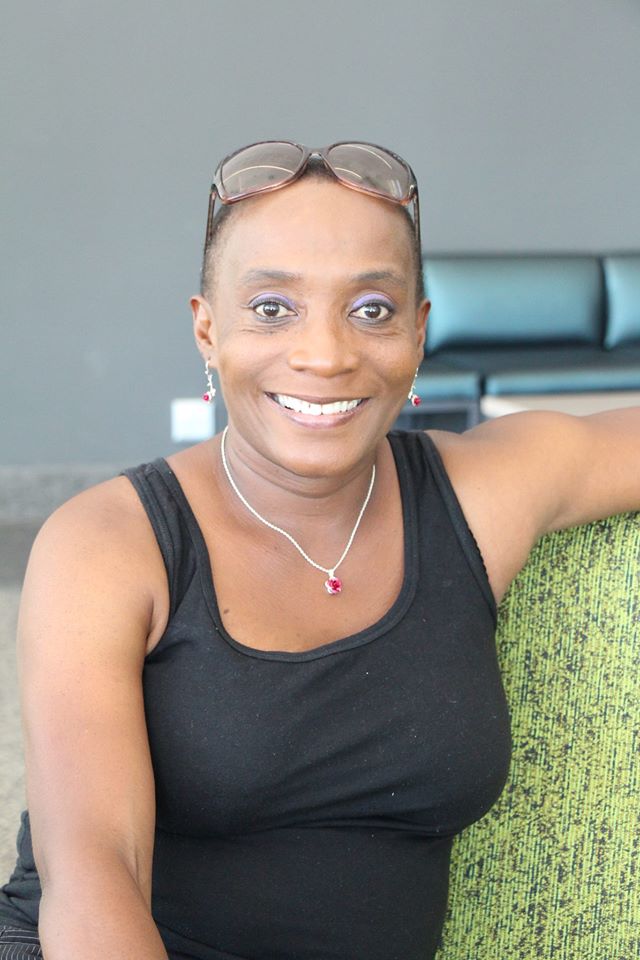 MarieMember
MarieMemberI would like to see more one on one engagement of stakeholders especially when it comes to pharmaceutical trials. Dialogue in trials of this nature is normally between relevant site staff and the sponsors and does not include community members. Jessica mentions something that I have touched on in earlier discussion and that relates to same voices representing different forums. We see that here too, however it need not necessary be ” conflict of interest” ( if I may call it that) as long as there is dialogue with the larger group and there is consensus about decisions made or opinions regarding a matter because you may find that those same people are the ones who are outspoken and willing to speak on behalf of the group. While that may be so, I would then want to implement mentorship programmes that will allow less outspoken individuals to be trained because the future of the strength of their CABS or organisations would be at stake once those who are always taking the lead fall away. At the end of the day it is our wish that there is no significant gaps between our members.
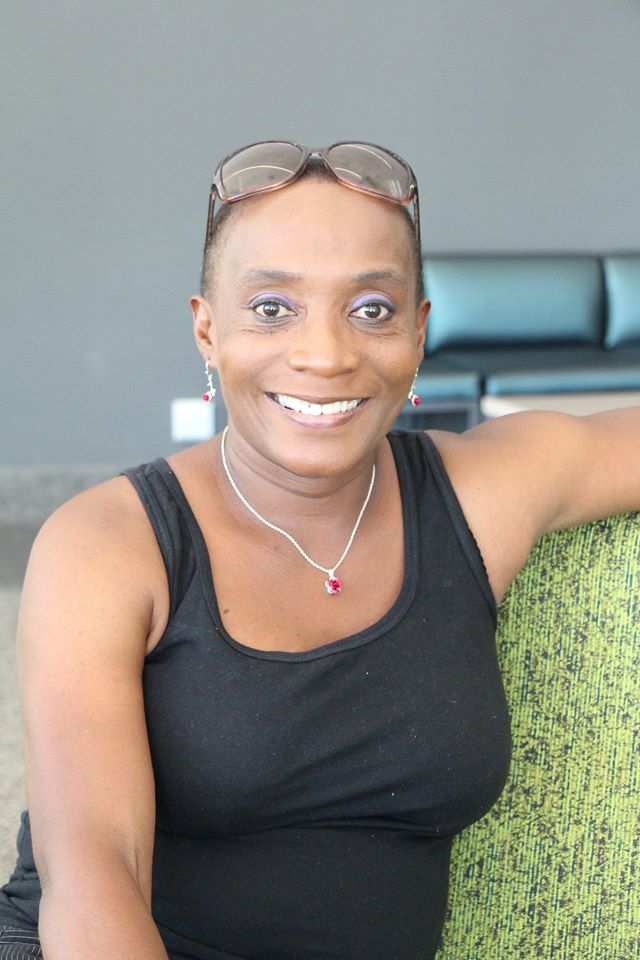 MarieMember
MarieMemberThe interesting part of this course is that I am learning so much about what happens at different sight. And that no one method is wrong. Will be glad to include this facts in conference call discussions on Network level. And as Lucky mentioned, it is also important to maintain the level of interest of stakeholders. I would want to hold a discussion on this topic with my local CABS.
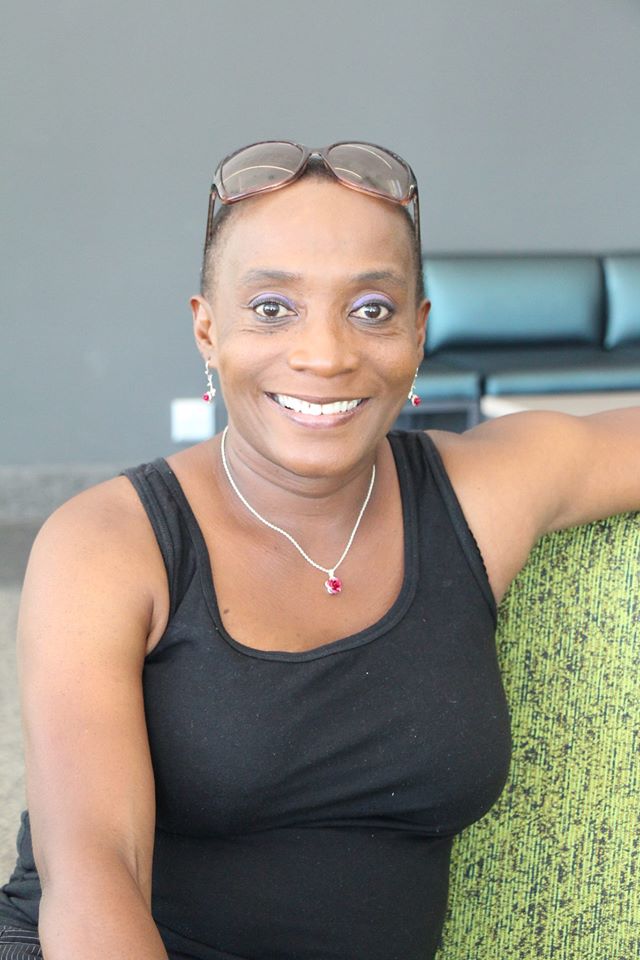 MarieMember
MarieMemberI like the way Mark posed those questions. Same experience at our sight. So what we did was do a presentation using the same questions and answered them. Part of the presentation was a question and answer session at which point we also re-emphasised the fact that our participation is voluntary and that though there is no financial benefit but the knowledge obtained is priceless and free!!!
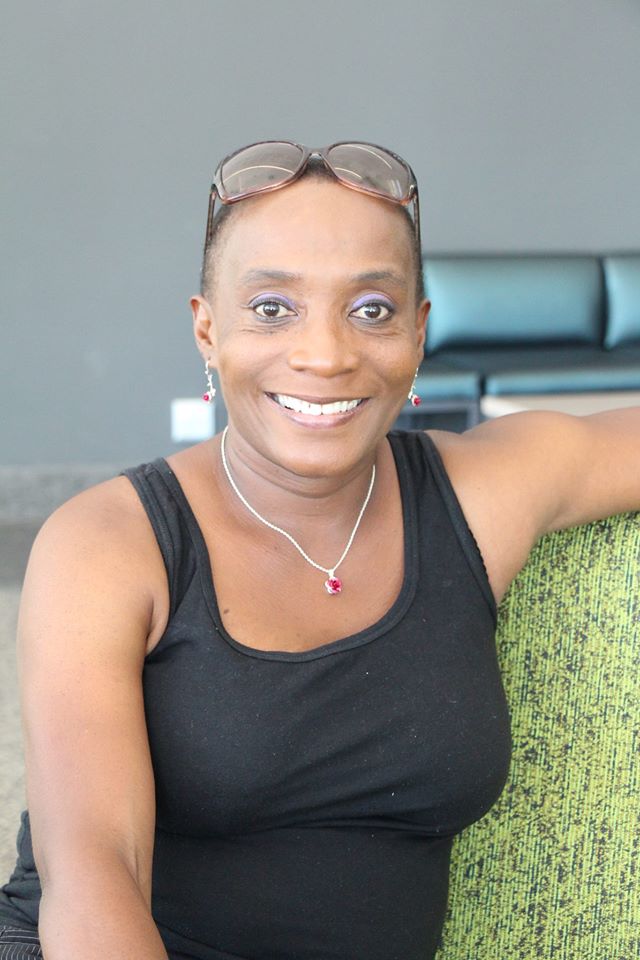 MarieMember
MarieMemberThank you very much for your responses. This is really helpful especially considering the fact that different studies will use different drugs/medicines. And some studies may require participants to change one or more drugs. Participants health and well being should always be of utmost importance, issues around co-enrolment should at all time consider the well being of the participant and not the benefits of the research
04/22/2016 at 11:20 am in reply to: Sample size determination for a survey during formative research #4846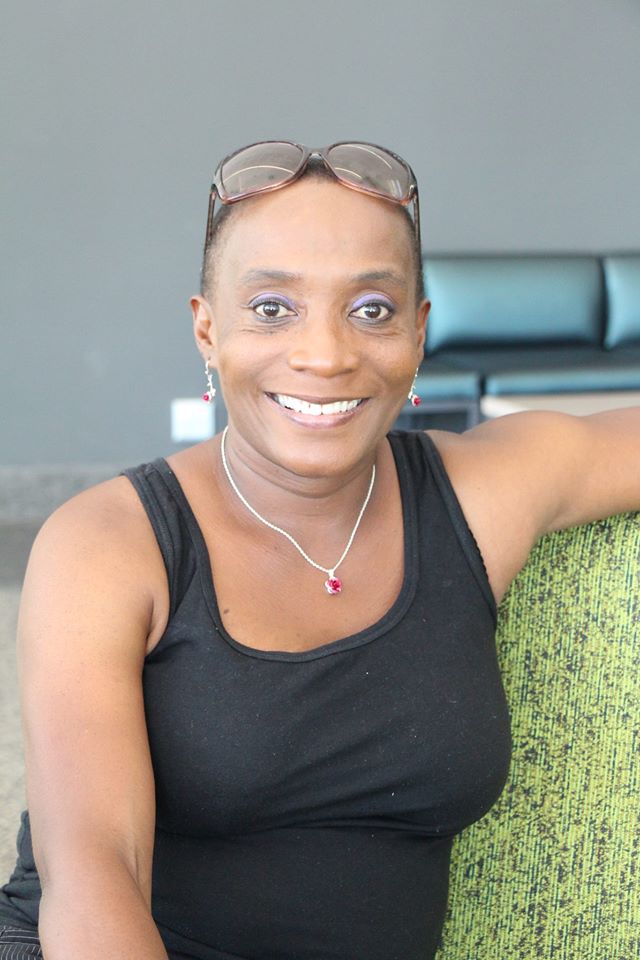 MarieMember
MarieMemberMy experience of “formative research is not that extensive but from my experience with the Welcome Trust, where participants were assigned to do a project, the focus was not on how well the task was accomplished but what the person learnt from doing the task or how carrying out the task develops the person.
04/22/2016 at 11:08 am in reply to: Staffing of stakeholder engagement / GPP teams at clinical trial sites #4844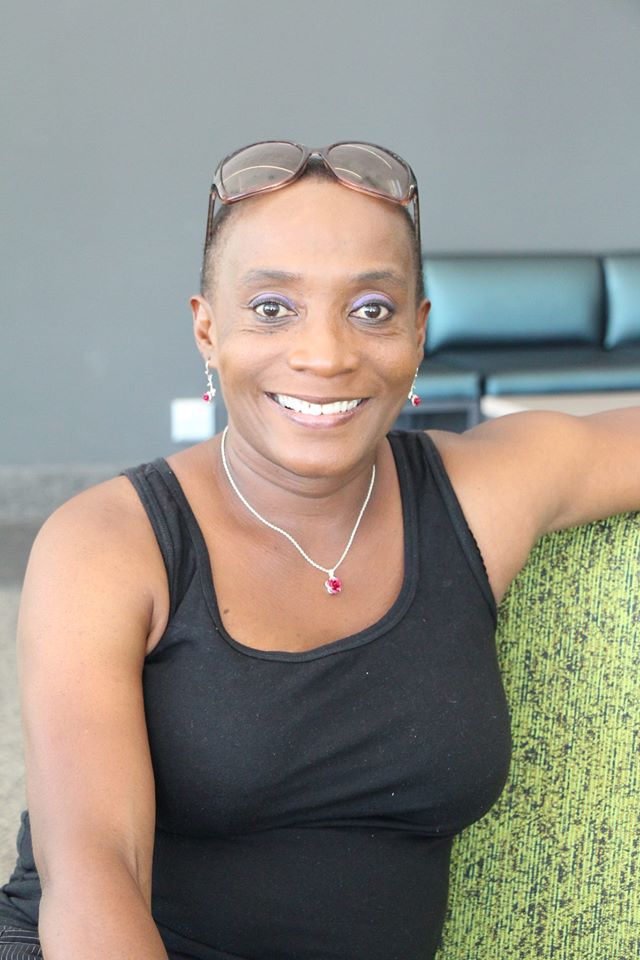 MarieMember
MarieMemberKatherine, my take on this is that staff are part of our stakeholders and together with non -affiliated stakeholders lap over should not be burdensome because if the stakeholders who are not part of the site staff are the ones who represent the larger group in terms of decision making, voting and representation, they would be speaking for ALL, on a more impartial point of view without the problem of conflict of interest, however, stakeholders who are employed at the site may be bound by a staff site SOP that requests that they abstain from certain processes in the interest of impartiality and thus enabling them to balance their work and roles as stakeholders. Our site has a conflict of interest document which is signed on an annual basis by site staff and kept for record purposes
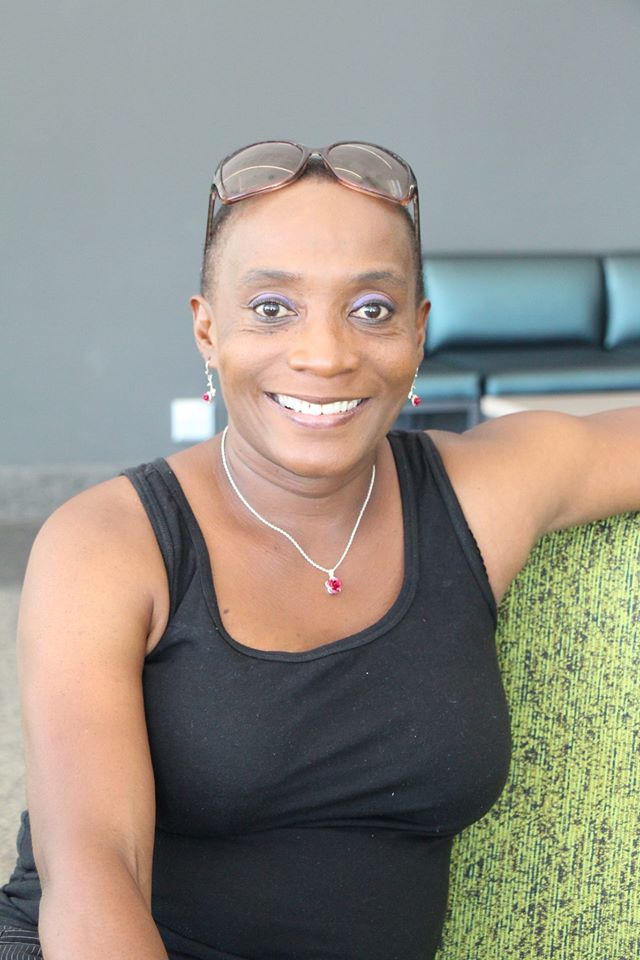 MarieMember
MarieMemberRelationships between stakeholders should firstly not be seen as competition so I wouldn’t call it ” …….involving one stakeholder versus another. ” Co-operation is what we are aiming to achieve throughout the whole research process. Alison, Bernice, Sherri, and the others mentioned very interesting points about their experiences and as Anthonia mentioned, trial participants are different. Those who have been on trials for a long time may not have the same experiences as recent trial participants. In fact the latter would have benefitted greatly from the experiences of the former because that is where we would have learnt or encountered our first teething problems. So to answer the question of what methods or approaches and processes we used, I would say one on one forums involving as many staheholders as possible, giving them the opportunity not just to listen but to facilitate the discussions as well. Panel discussions have always worked well at our sight and we always include adolescent representatives not just from our CAB but other youth organisations within the community. I am very careful though about the use of social media and the content of the discussion on that platform. As far as that is concerned, I make the choice of the person or the group concerned and also ensuring that it is within the framework of the site SOP, so as not to bring the research unit into disrepute as far as ethics are concerned.
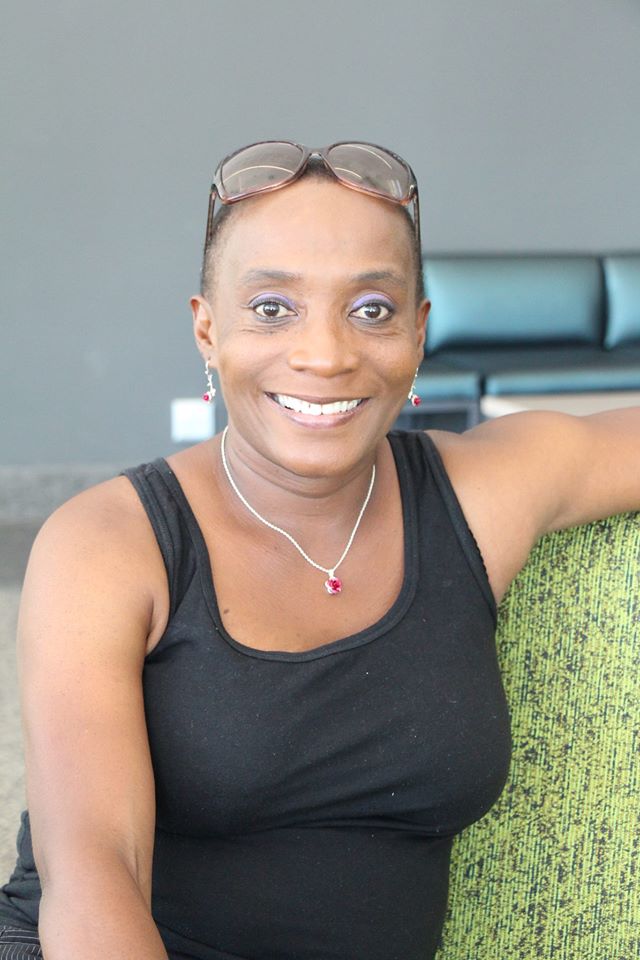 MarieMember
MarieMemberOur involvement focuses on inter-CAB dialogues with CABs from other sites and not necessarily ones that clinical research studies and collaborate to ensure joint out reach programmes within the same community so that person in the community do not perceive us to be in competition with one another. We also look at ways of maintaining the balance when it comes to recruiting same participants. So communication is essential. Dialogue between standard of health care centre workers in the surrounding drainage are should be such that we are able to keep them updated of participants progress on the study. PI open door policy is one of the main factors that enhance effective community engagement in this regard. Without this, the whole process would be meaningless because as we all know- its a two way channel.
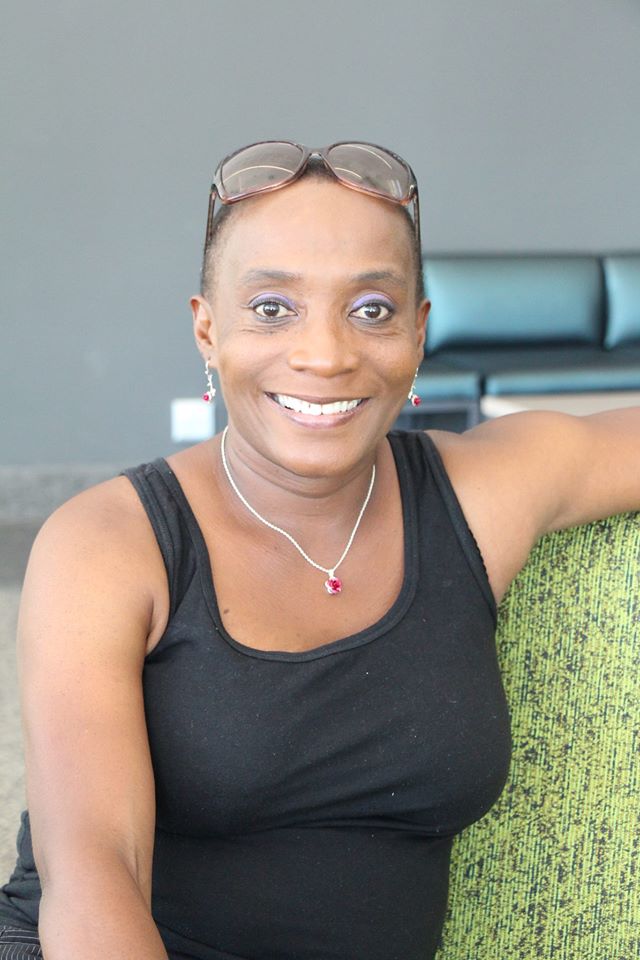 MarieMember
MarieMemberI would like to see a plan or draft of the different level where stakeholders can engage in protocol discussions, Like a lot of my peers have mentioned, sites differ and so will processes. The engagement is not set in stone but if we at least can have an idea of where engagement can be implemented it would help. That way individuals can air their views as to whether the process is working or not. Its not so much about where but how. These measure can ensure that better implementation processes are followed when a new protocol is developed. So setting biomarkers for future development is also achieved in this learning process. The other thing which I note that not many have talked about is community stakeholder representation on the REC’s. How many sites have members on ethics committees?
-
AuthorReplies


